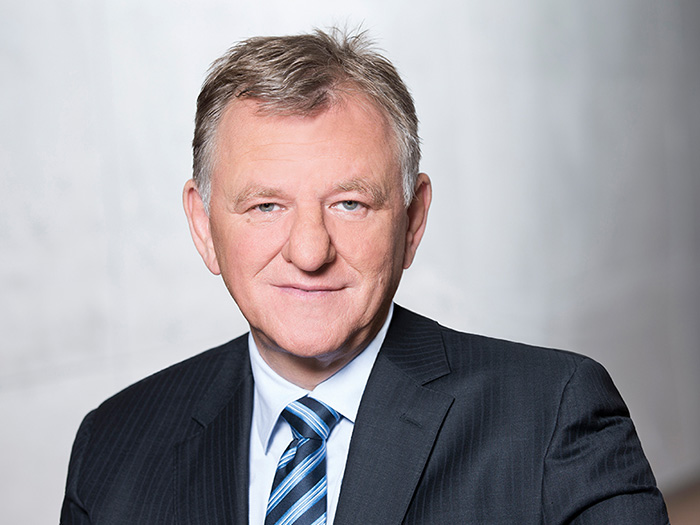“Fossil free� by 2045: Sweden’s ambitious goal
Being among the first carbon neutral countries is a challenging target. To meet it, Sweden needs to dramatically reduce its CO2 emissions from traffic. Let’s see how.
Sweden introduced a CO2 tax in 1991 and it has been a great success, both ecologically and economically. Then, in 2015, and with the overwhelming support of Swedes, the government decided that the country should be CO2 neutral by 2045.
That’s an ambitious goal for Sweden, the third largest country in Western Europe and a leading industrial nation which successfully combines capitalism with a welfare state. Whether it’s digitalisation or education, the Scandinavians almost always come out on top in international standards.
The commitment of the Volkswagen Group
Volkswagen Group is one of the largest industrial investors in Sweden. Its Swedish subsidiary Scania – a leading manufacturer of commercial vehicles, headquartered in Södertälje, to the west of Stockholm – has invested 2.4 billion euros in its home market in the last ten years.
In addition, the Group has a market share in Sweden of 27.4 percent for passenger cars and 30 percent for trucks (2018). Golf, Passat and Tiguan are among the top 10 Swedish car registrations. The market share of electric vehicles was eight percent in 2018 - the Passat GTE is Sweden’s most popular electric vehicle.
A detailed programme

As mentioned, Sweden introduced a CO2 tax in 1991: in the years that followed, emissions fell while the economy grew. It was a pioneering first step for the country towards the goal of achieving zero global emissions by 2045. A further step is planned for 2030 when the emissions should be cut 70 percent below their 2010 levels. And that’s not all - from 2030, no more new cars with a diesel or petrol engine will be sold in Sweden.
In order to promote sales of emission-free cars, Sweden introduced a bonus-malus system last year: motorists who purchase an electric car receive a bonus of up to 6,000 euros and purchasers of combustion engines with high CO2 emissions must pay a penalty tax of up to 7,500 euros. The penalty should force motorists to change their purchasing behaviour. For car manufacturers, it is more of an incentive to build cars with fewer CO2 emissions.
Towards sustainable mobility

“Sweden is a role model for climate protection. Today, more than half of the electricity generated comes from renewable energies, an essential prerequisite for making mobility sustainable,” says Andreas Renschler, CEO of TRATON, Volkswagen Group's truck division.
The Group is also planning a battery cell factory in Salzgitter, Germany, together with Northvolt, a Swedish producer of sustainable battery cells and systems in which the Volkswagen Group has invested 900 million euros. An annual production of 16 GWh is planned initially.
Source: Volkswagen
